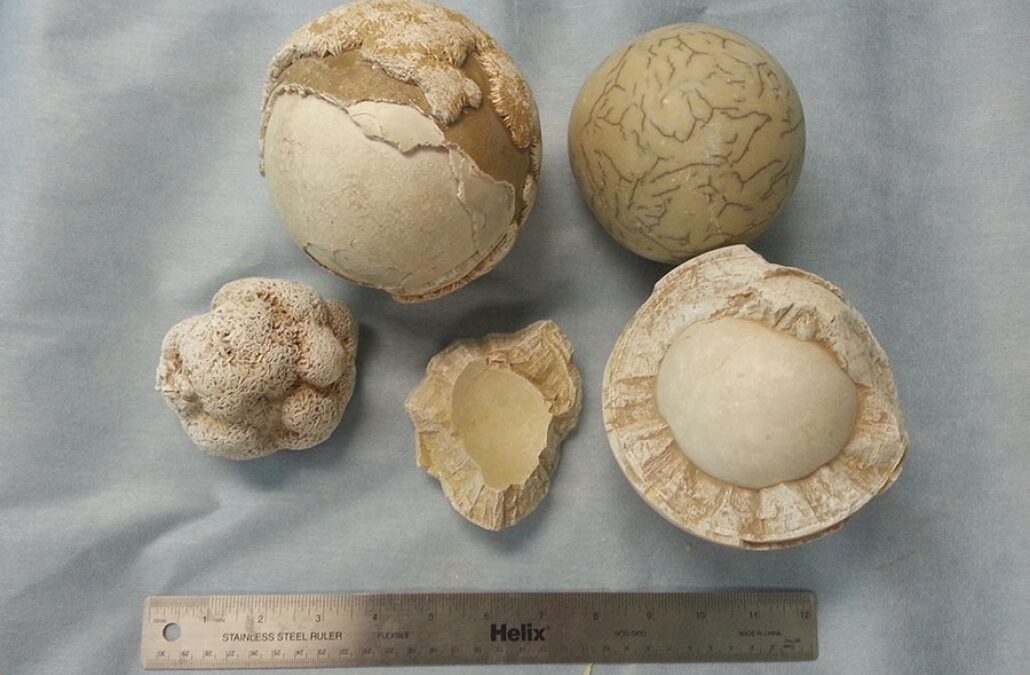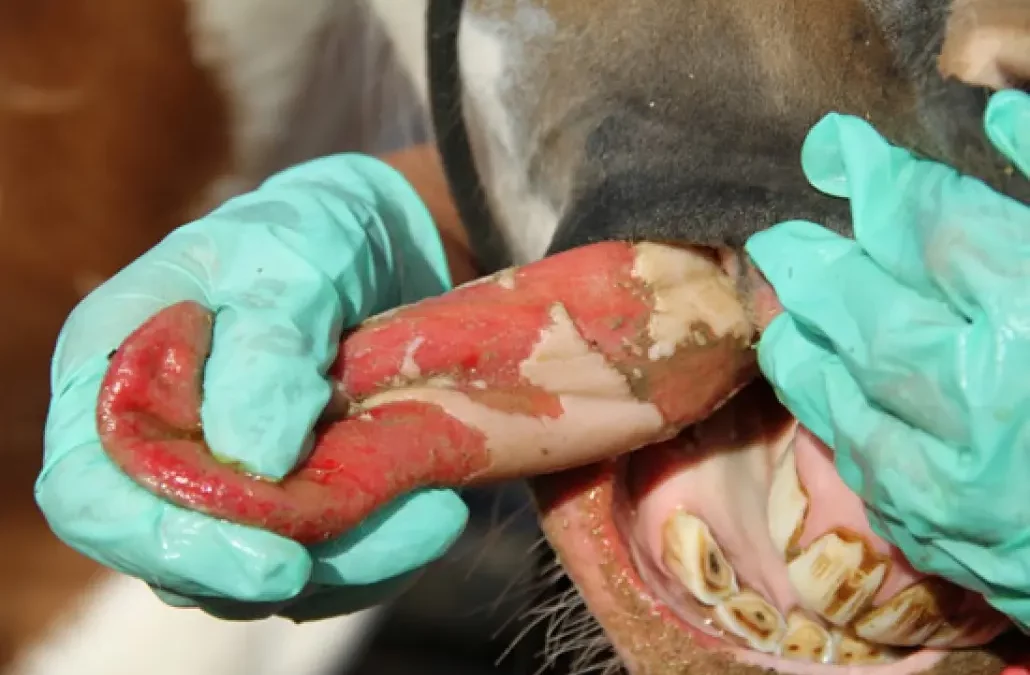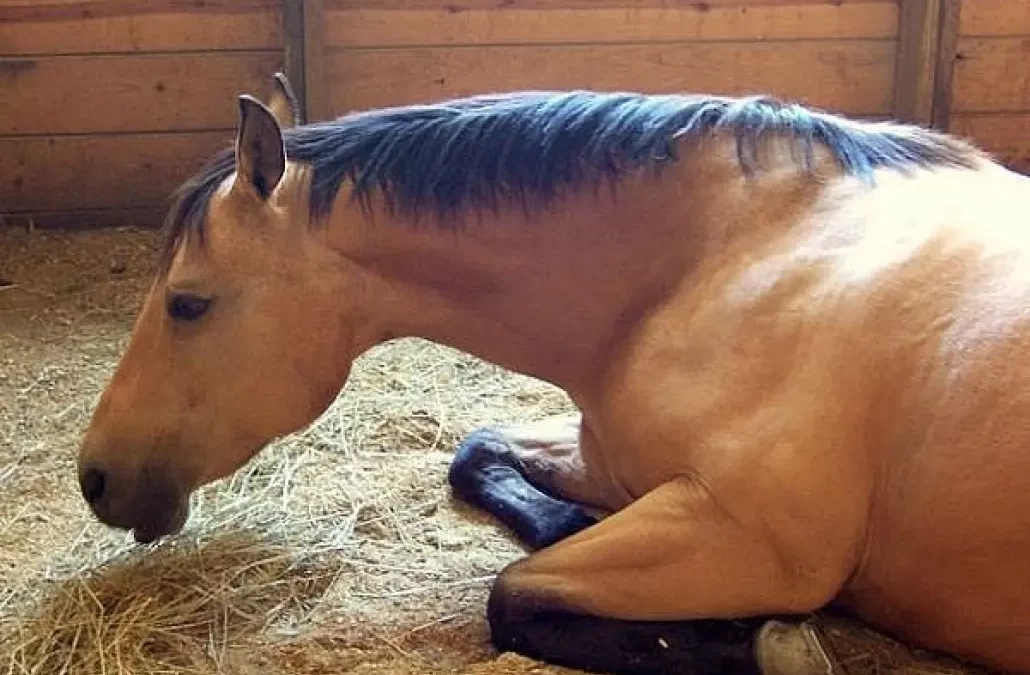
by petere | Oct 5, 2021 | Breaking News
Colic, or abdominal pain, is a common ailment in horses. More than 70 causes can trigger colic, including gas distention, food impactions, intestinal tract spasms, and intestinal displacement or twists. One of the more exotic forms is colic caused by enteroliths, or...

by petere | Oct 5, 2021 | Breaking News
Vesicular Stomatitis (VS) is a contagious disease that afflicts horses, livestock, wildlife and even humans. The disease is caused by a virus, which although rarely life threatening, can have significant financial impact on the horse industry. Vesicular Stomatitis is...

by petere | Oct 5, 2021 | Breaking News
Equine herpesvirus type 1 (EHV-1) and equine herpesvirus type 4 (EHV-4) can each infect the respiratory tract, causing disease that varies in severity from sub-clinical to severe and is characterized by fever, lethargy, anorexia, nasal discharge, and cough. Infection...
by petere | Oct 5, 2021 | Common Questions
Because of advances in nutrition, management and health care, horses are living longer, more useful lives. It’s not uncommon to find horses and ponies living well into their 20s and 30s. While genetics play a role in determining life span, you too, can have an impact....
by petere | Oct 5, 2021 | Common Questions
High-quality hay can be an important source of essential nutrients in your horse’s diet. A horse’s protein and energy requirements depend on age, stage of development, metabolism and workload. A mature horse will eat 2 to 2.5% of its body weight a day, and for optimum...




